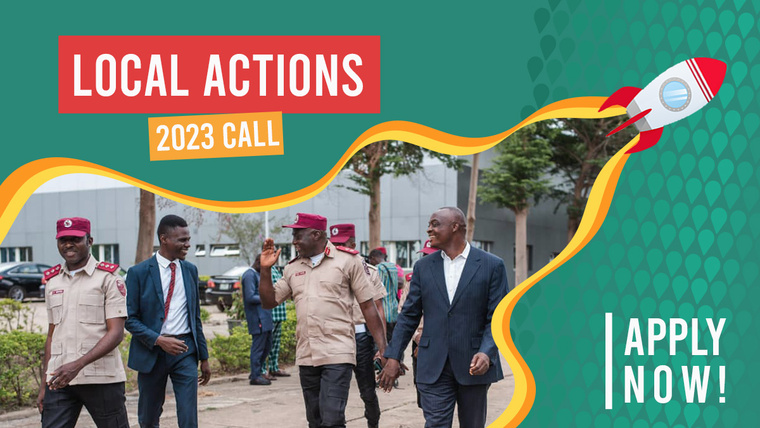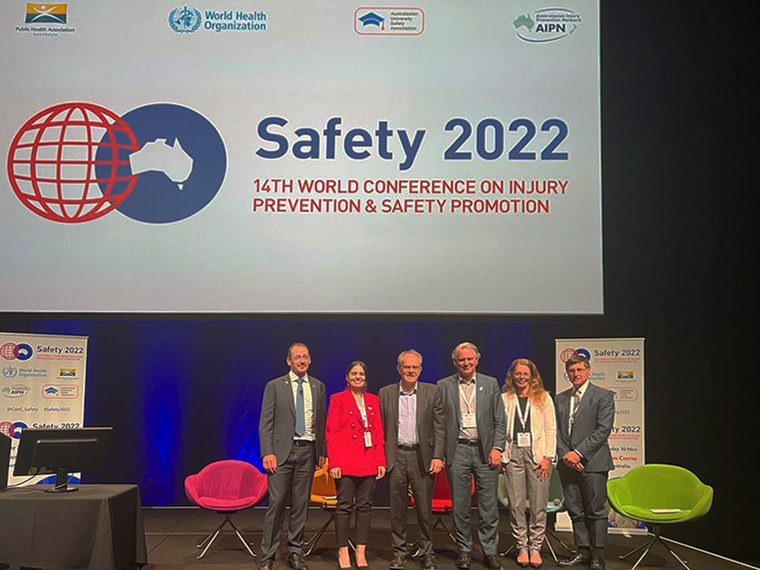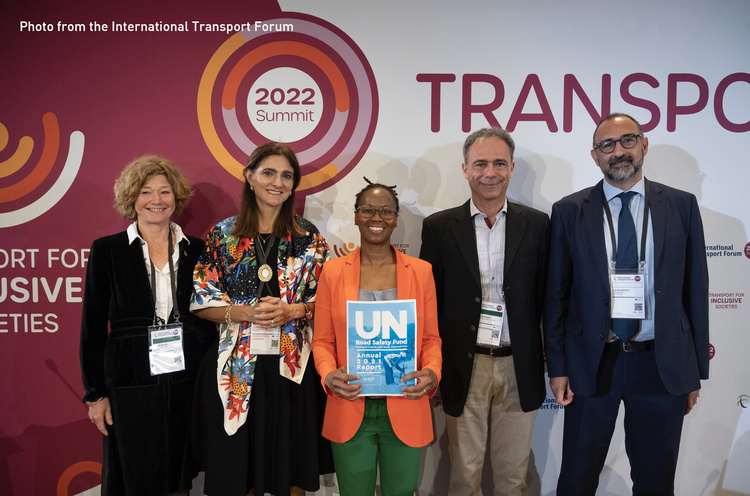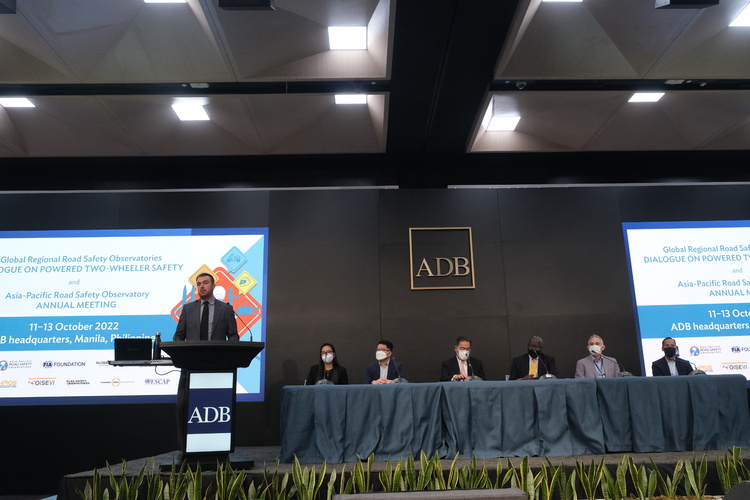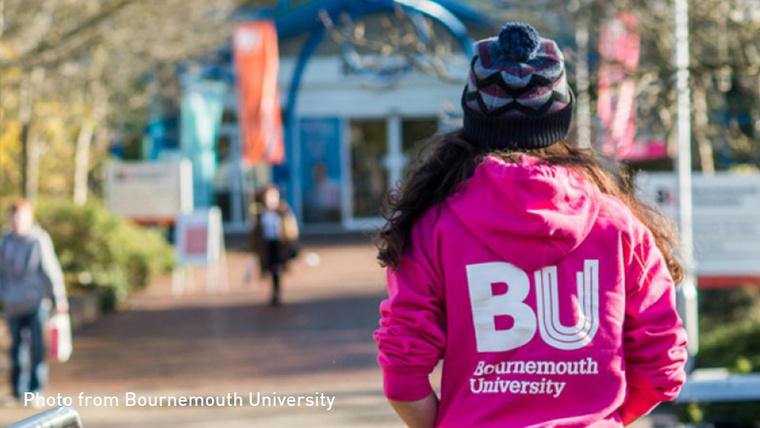
Bournemouth University holds Disability Advocacy in East Africa Project
Bournemouth University and volunteer disability activists from East and Central Africa have come together to lead the Disability Advocacy in East Africa Project which looks to fuse academic research with practice in the fields of disability studies, political science, policy, education, advocacy, communication, arts, and more to build a research and action-oriented network to support persons with disabilities in East and Central Africa.
People behind the initiative
The project is being funded by the UK Arts and Humanities Research Council (AHRC) – a group that prioritizes growing networks of academics, non-profit organizations, and disability activists focused on combating issues facing disabled people, specifically in East and Central Africa.
ADD International will serve as the Project’s primary partner. ADD International is a disability rights organization that has been supporting disability activists to fight discrimination and ensure every disabled person gets a chance to live their best life.
Other partners include YOURS – Youth for Road Safety, the Foundation for Electoral Systems (IFES), Humanity and Inclusion, and the Global Alliance of NGOs for Road Safety.

The Disability Advocacy Project
The Disability Advocacy in East Africa Project looks to equip a new generation of disability activists with the tools, skills, and resources required to build powerful movements for change by utilizing the knowledge, expertise, and network of existing partners.
Through the Project, disability activists will be able to influence governments and other actors to adopt practices that consider the needs of disabled people and challenge the stigma of disability through a more robust public voice that champions and represents persons with disabilities.
To implement the Project, Bournemouth University will implement the following activities; (1) hold a four-day Festival of Disability Advocacy scheduled this April 2023 in Dar Es Salaam, Tanzania that features capacity building and knowledge exchange workshops to connect international networks with disability activists, (2) create a program of online knowledge exchange and networking events led by disability activists and other partner groups, (3) develop a series of advocacy campaigns led by disability activists, and (4) develop an accessible website of training materials, case studies, and campaign toolkits.

How can you get involved?
The Project is looking for new participants to grow the network so that it becomes a powerful force for change. Here are some things you can do; volunteer yourself or a relevant colleague to lead knowledge-sharing sessions at the Festival for Disability or other online events, become a delegate and attend our events to learn and network with like-minded people and organizations, and act as a mentor to disabled activists implementing their own advocacy campaigns.
Anyone who is interested in disability advocacy is more than welcome to participate in the Project and the events around its implementation.
Send an email to jacksond@bournemouth.ac.uk and share a bit about who you are and the work you do. In the email, you can decide whether you want to join the official mailing list for updates, become a volunteer, become a delegate to attend the events, or become a mentor to disabled activists.

